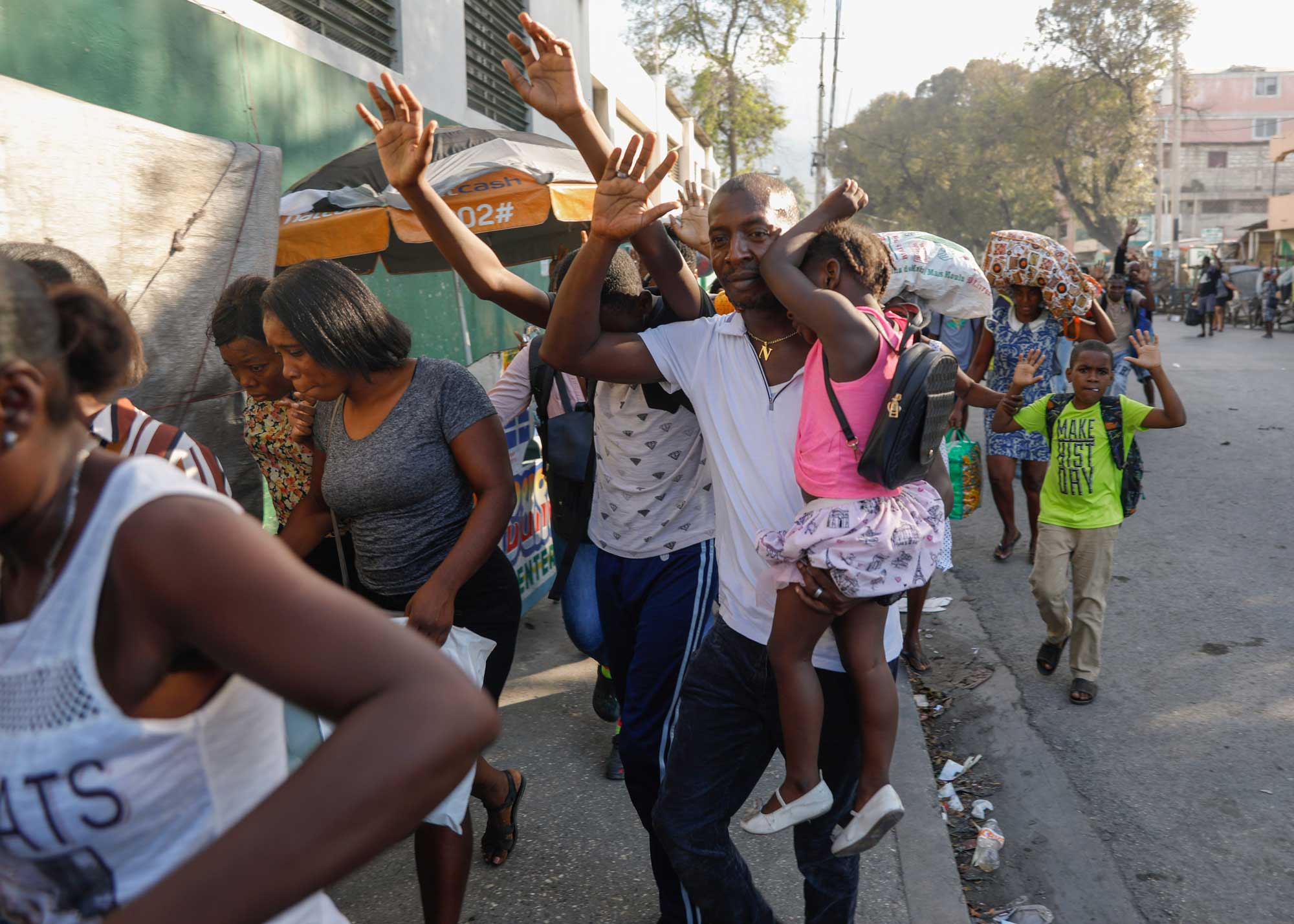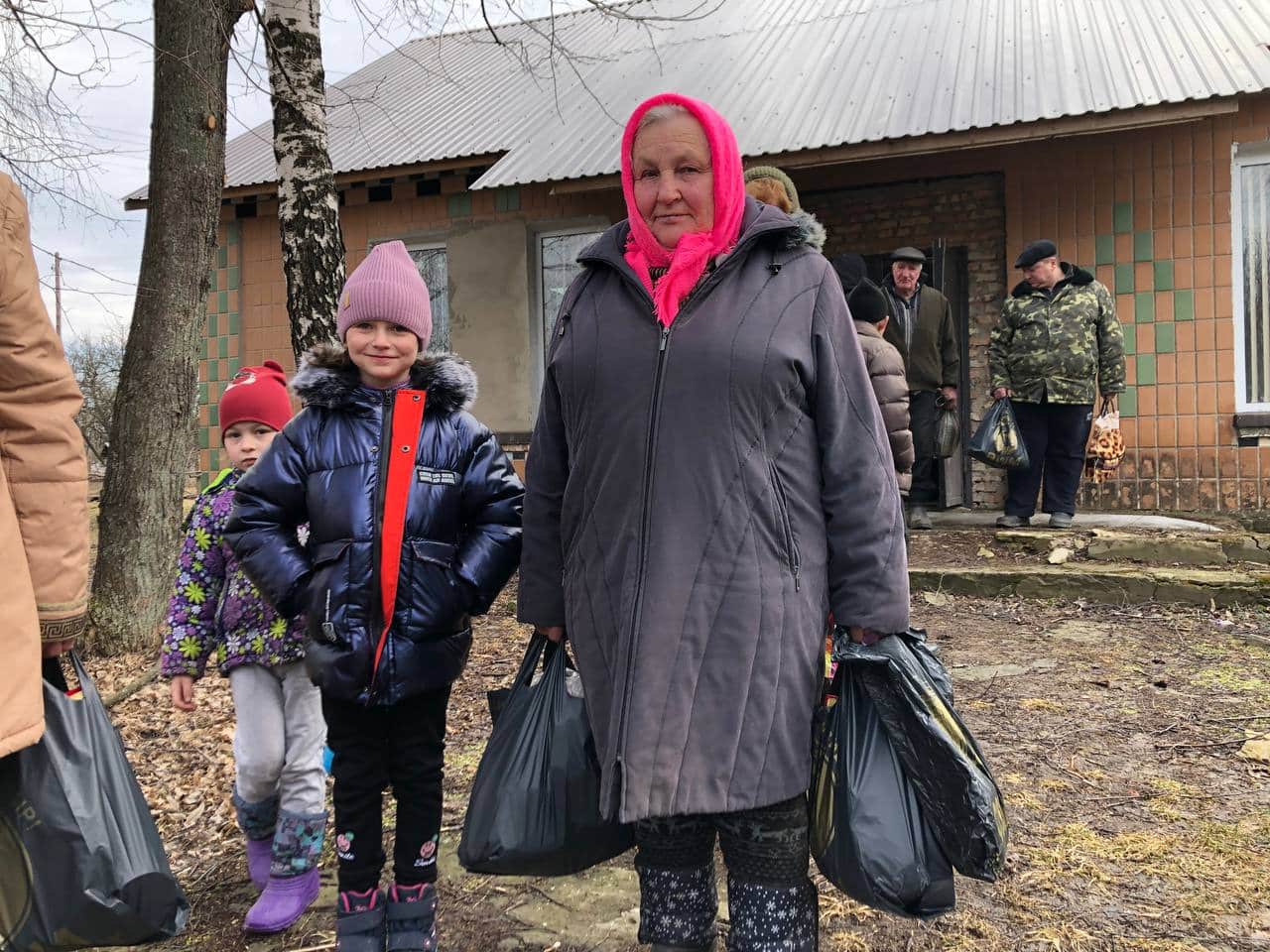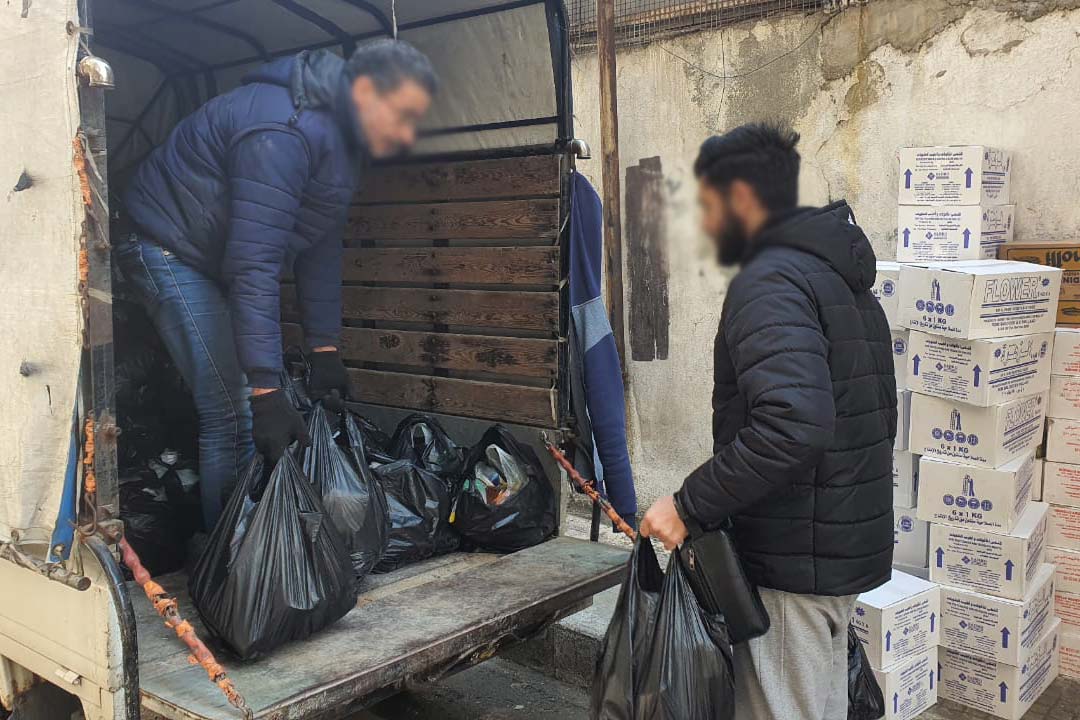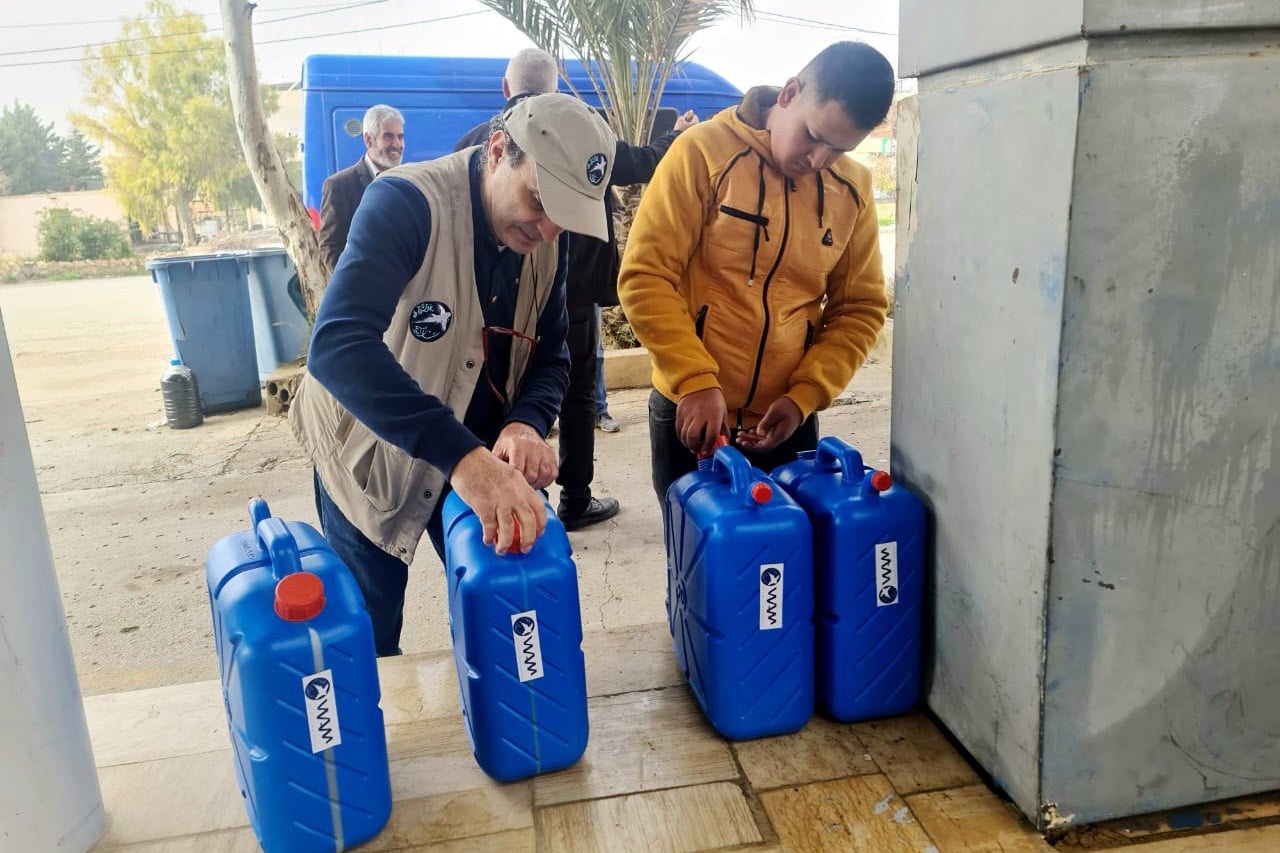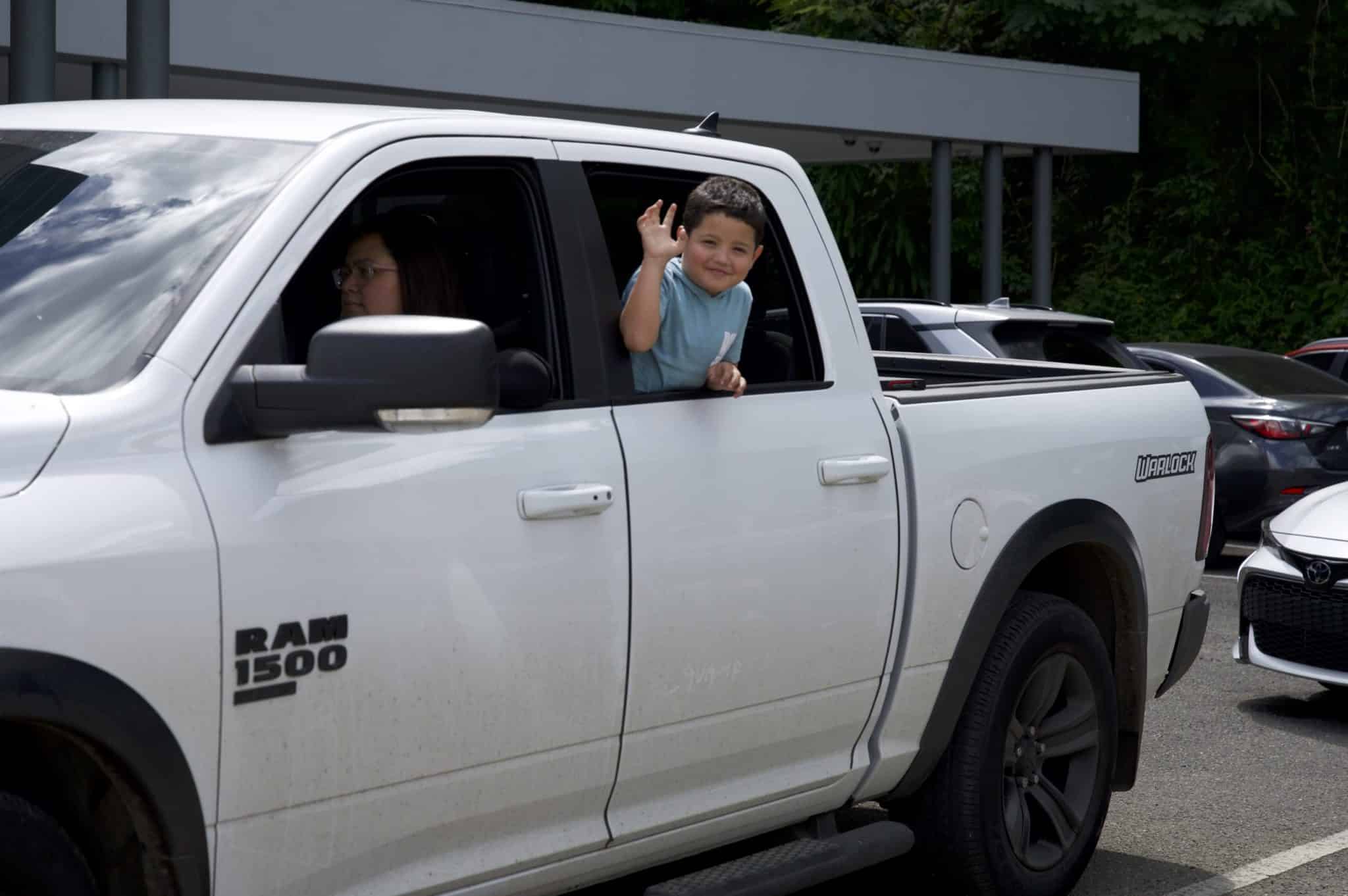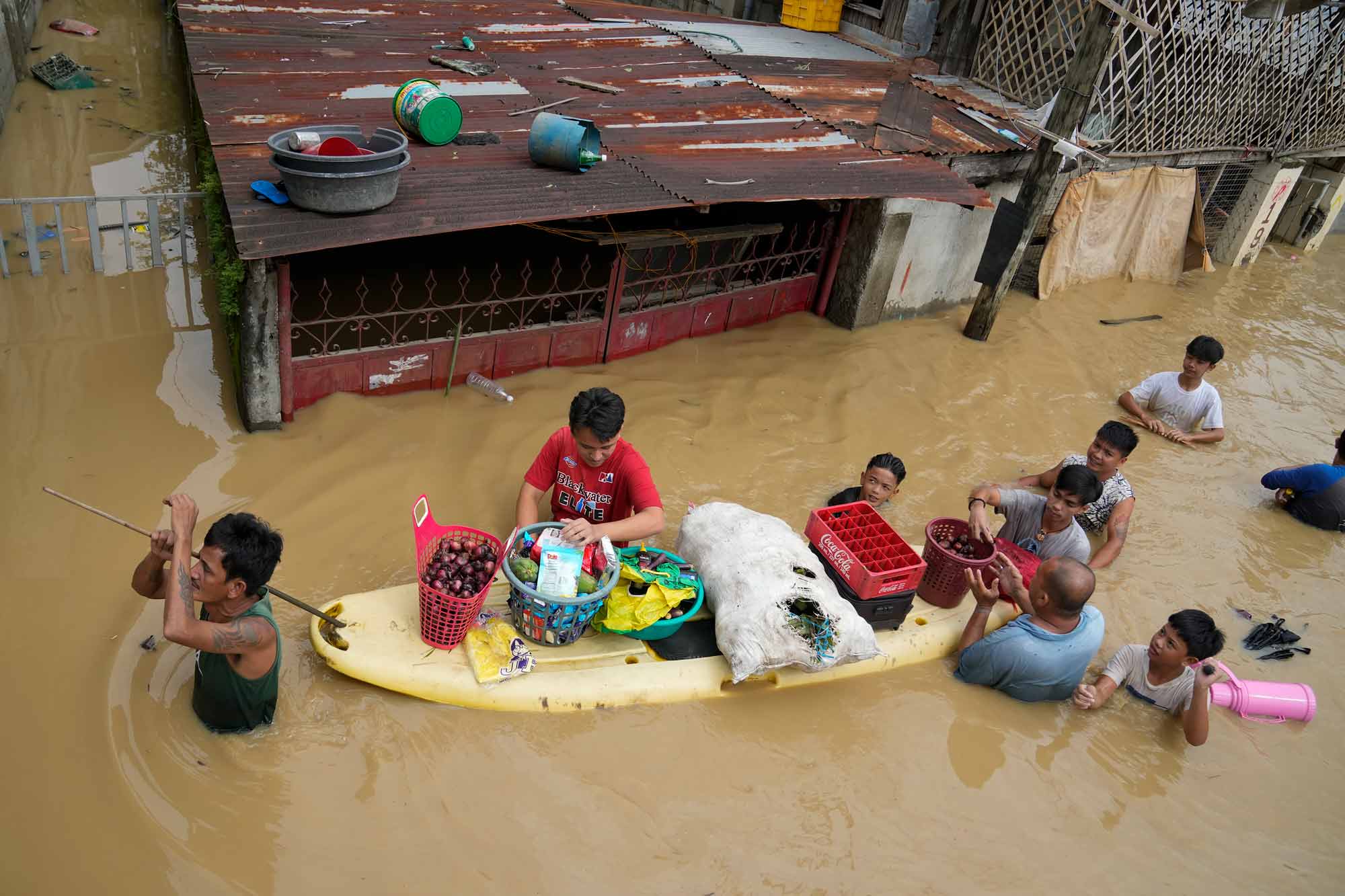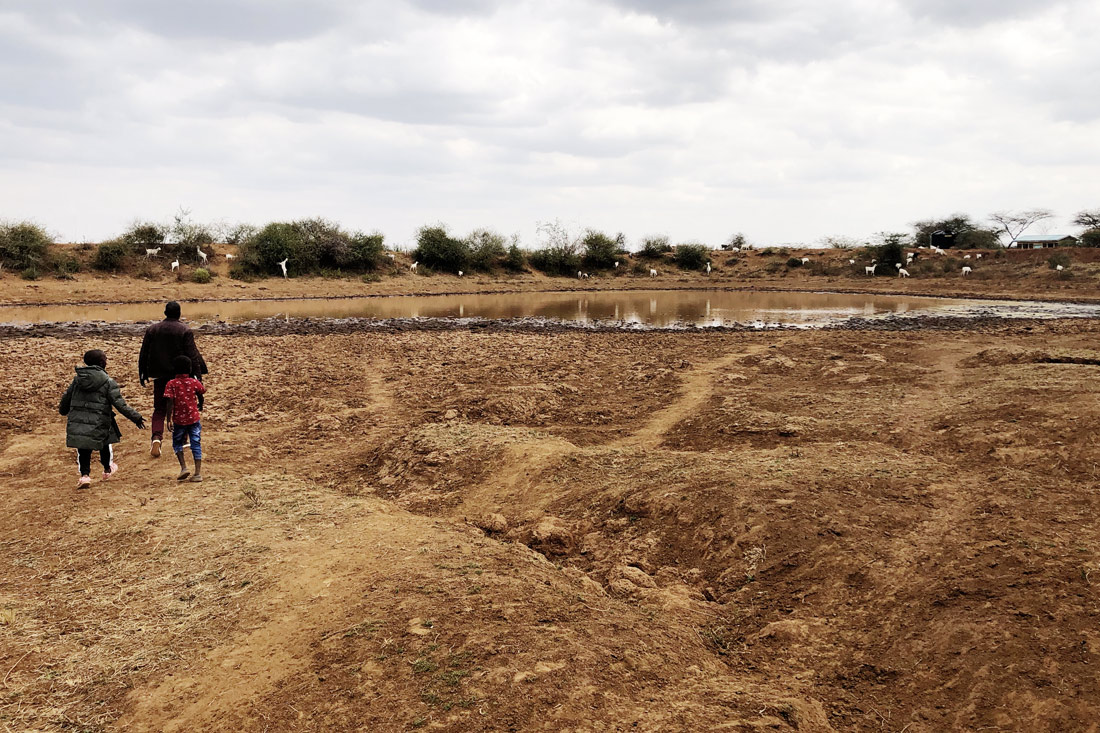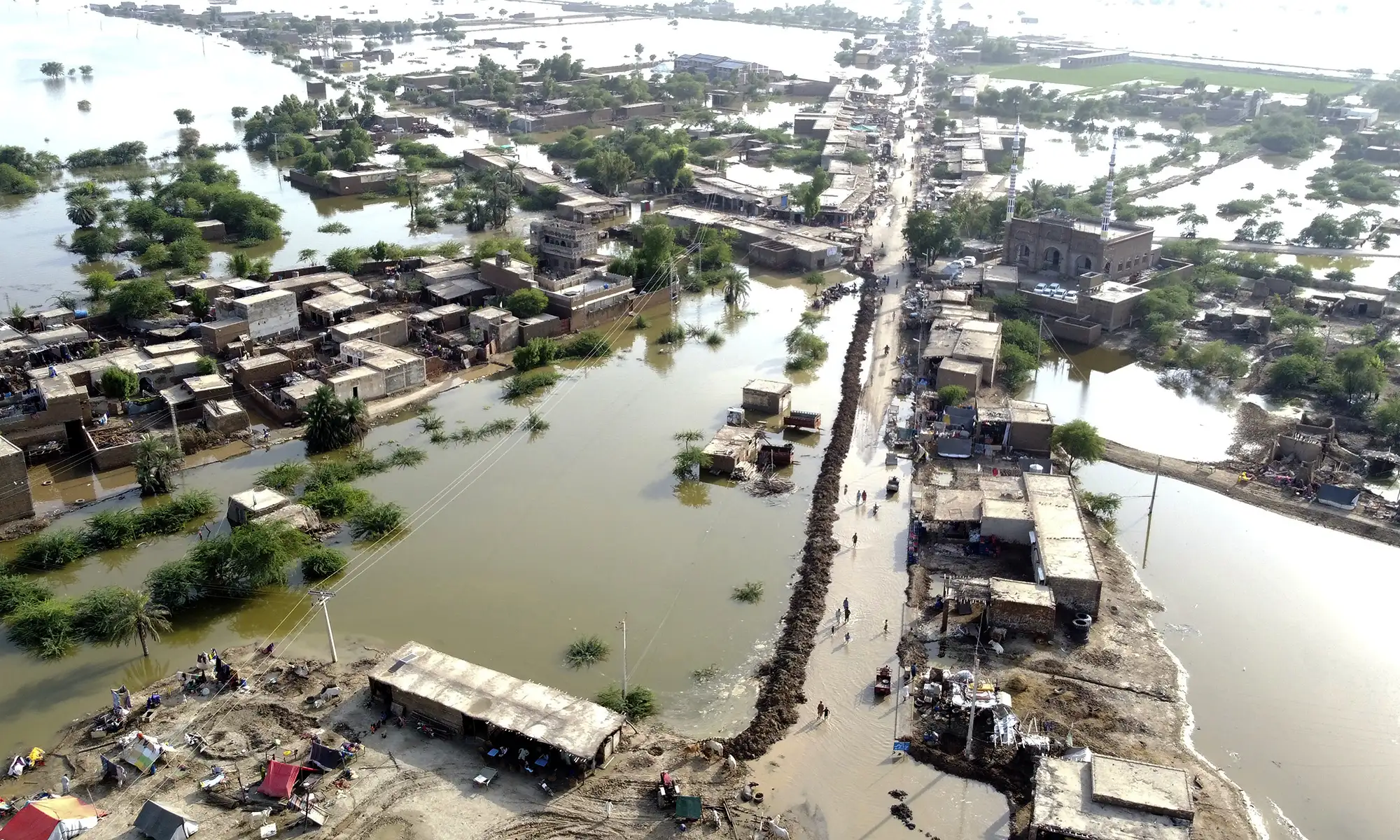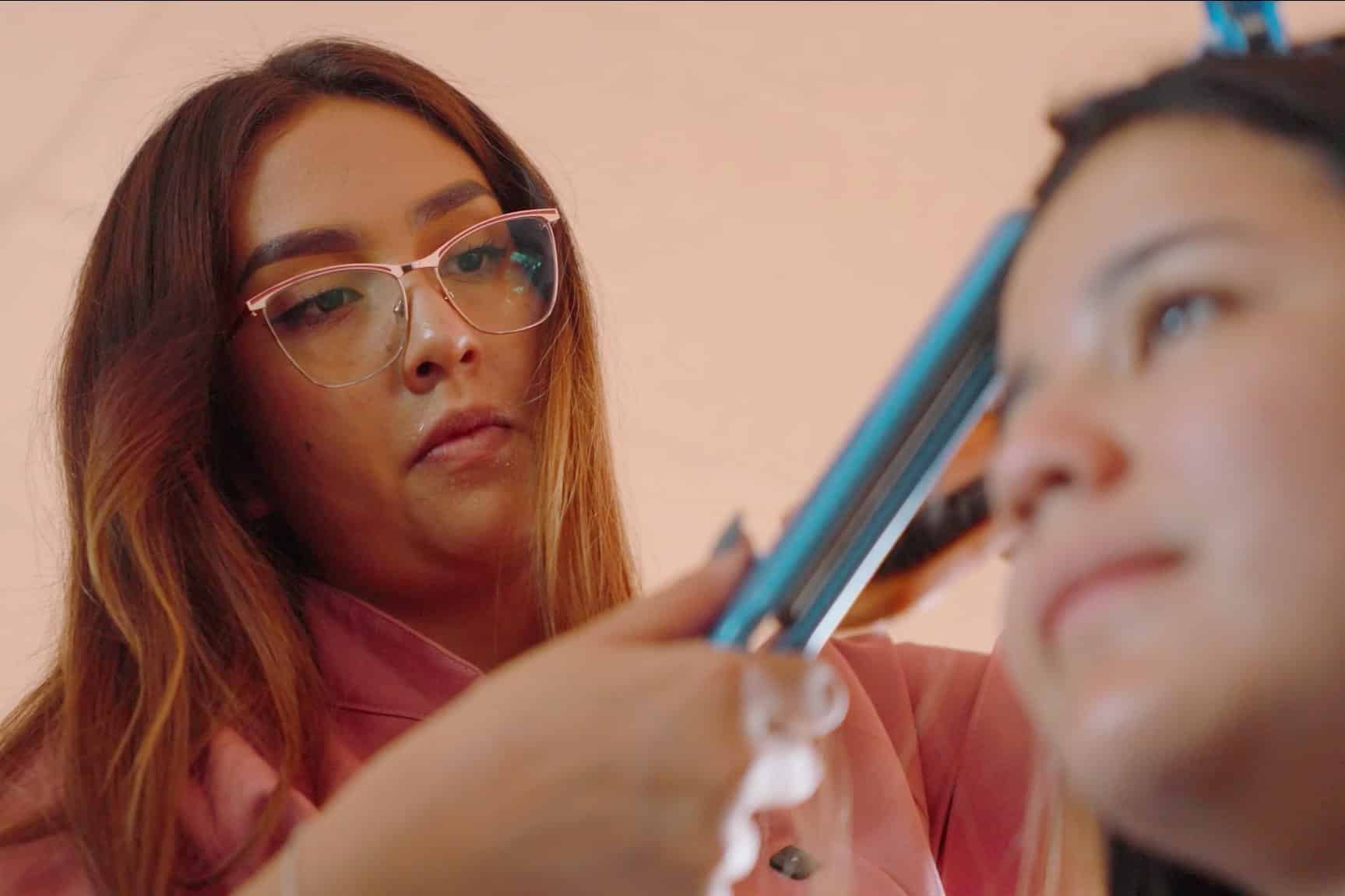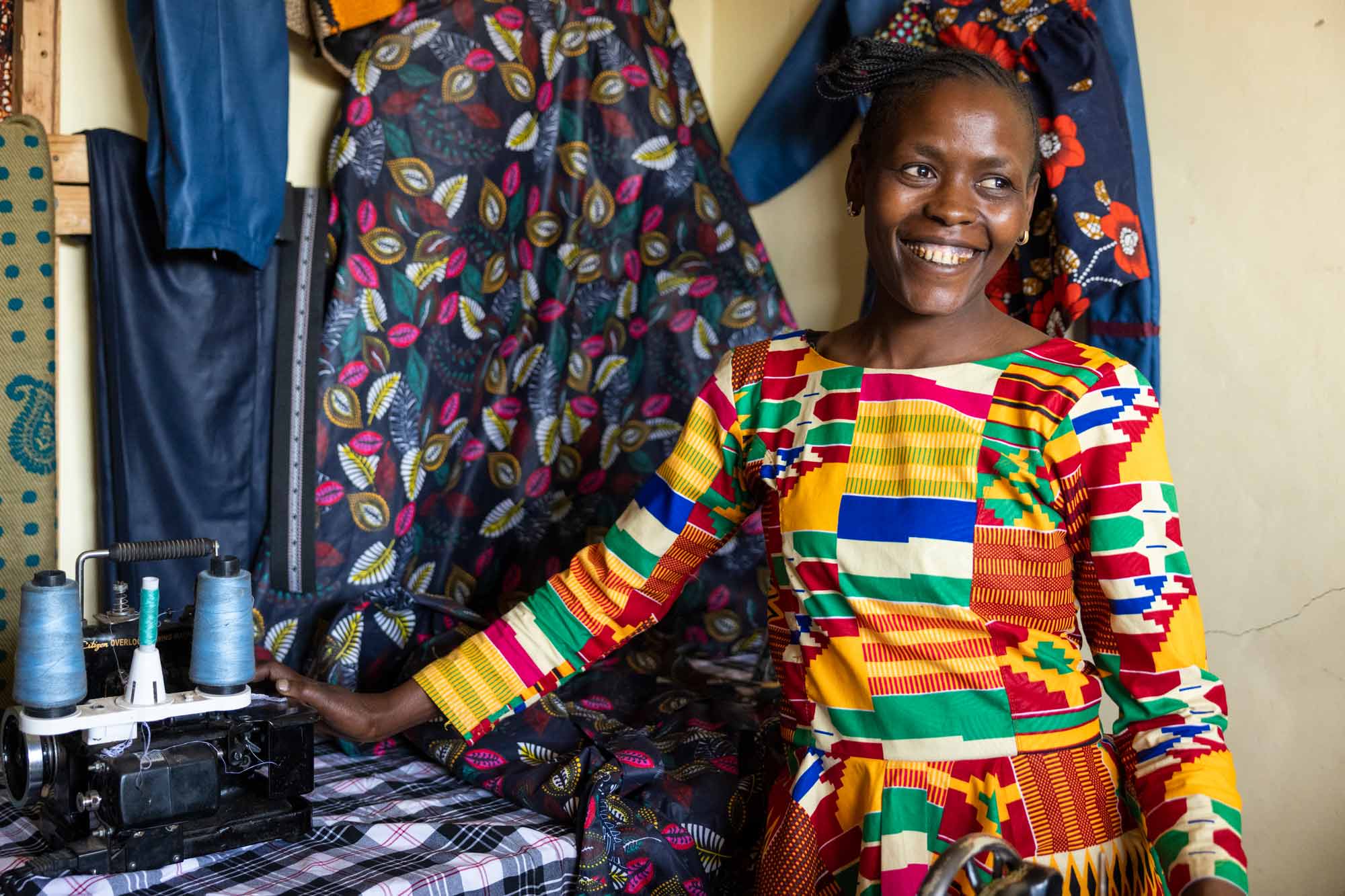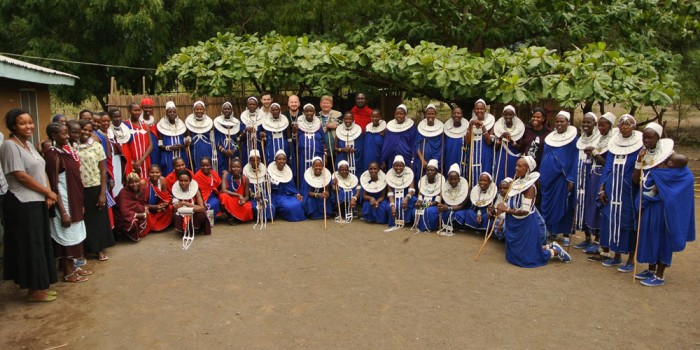
Written by a Convoy of Hope team member
The women had walked 10 kilometers to meet with us in Engaruka. Their ages varied, but they shared a common circumstance. As part of a Maasai tribe in northern Tanzania, most of them were the second, third, or even fourth wife of a man from their tribe. When their husbands died, all of the inheritance went to the first wife and her children, leaving these women in vulnerable situations.
They set out because they knew Convoy of Hope had been working with many of the widows in this neighboring village, training them on business and livelihood skills, and later providing startup capital for businesses that could sustain their families. The program had dramatically changed those women’s lives for the better, and they hoped it could help them, too.

It was humbling to see the incredibly strong desire these women had to provide for their children. In my job, I’m always looking at the numbers and results of our programs around the world. When I think of Women’s Empowerment in Tanzania, I see the stats: 76 women during our first project cycle, over 81% now owning a profitable business, and an average of $40 in personal savings. But there’s nothing like meeting the women firsthand to see the stories behind the stats.
Esther, for example, received equipment to cook food that she sells at the market. Martha is also working at the local market, but she is selling soap and sugar. And a lot of the women, like Naomi, were able to purchase goats and other livestock that will benefit them for years to come.
After hearing the stories (and knowing the stats), I’m confident that when women — like the ones we met that day in Engaruka — go through the program, their lives will be transformed. Their children will be fed, their hope and dignity restored.

